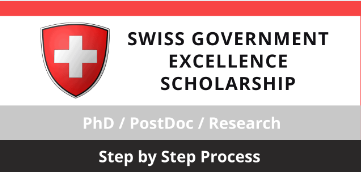Description
The aim of the project is to develop machine learning interatomic potential for designing and optimization of next-generation batteries to accelerate developments in a cost-effective way.
Key Responsibilities:
- Conduct advanced research using molecular simulation and machine learning to explore solid-state electrolytes, and electrode/electrolyte interfaces.
- Develop AI-enhanced, multi-scale, and multi-physics models to study interfacial phenomena and battery aging mechanisms.
- Publish research findings in high-impact journals and present results at international conferences.
- Mentor graduate and undergraduate students in research methodologies and techniques.
- Collaborate with academic and industrial partners across Europe as part of a large-scale project.
Qualifications:
- PhD in Engineering, Chemistry, Materials Science, Physics, or a related field.
- Demonstrated expertise and a strong publication record in molecular simulation and first-principles modeling.Preferred:
- Proficiency in machine learning, with experience in interatomic potential development.
- Familiarity with multi-scale modeling techniques; lithium-ion battery; defect and grain-boundaries engineering and another nano-to-mesoscale interfacial effects
- Experience in collaborative, interdisciplinary research environments.
Application Process
The interested candidates should send a single PDF file containing the candidate’s motivation letter, CV, publication list (if any) and academic track record (transcript and diploma) to:
Prof. Dr.ir. Mesfin Haile Mamme (mmamme@vub.be)
Prof. Dr.ir. Annick Hubin (Annick.hubin@vub.be)
Application Deadline: Application will be reviewed on a rolling basis until the position filled.




